Excited to take a gap year after high school and break from studying? Not only does this mean you get to change up your routines but you can also find adventure and purpose.
GVI
Posted: April 20, 2023

Petrina Darrah
Posted: April 8, 2022
Furthering your education and increased work opportunities are two great reasons to volunteer abroad. But, how do you make sure potential universities or employers know about your experiences abroad?
Adding your volunteer work to your CV or talking about it during a job interview is important for several reasons. It allows you to fill in the gaps between jobs, or work and study, and demonstrates any key skills you learnt. You’ll also show your personal commitment to making an impact in the world.
So, how do you make sure you’re communicating your experiences to potential employers or universities?
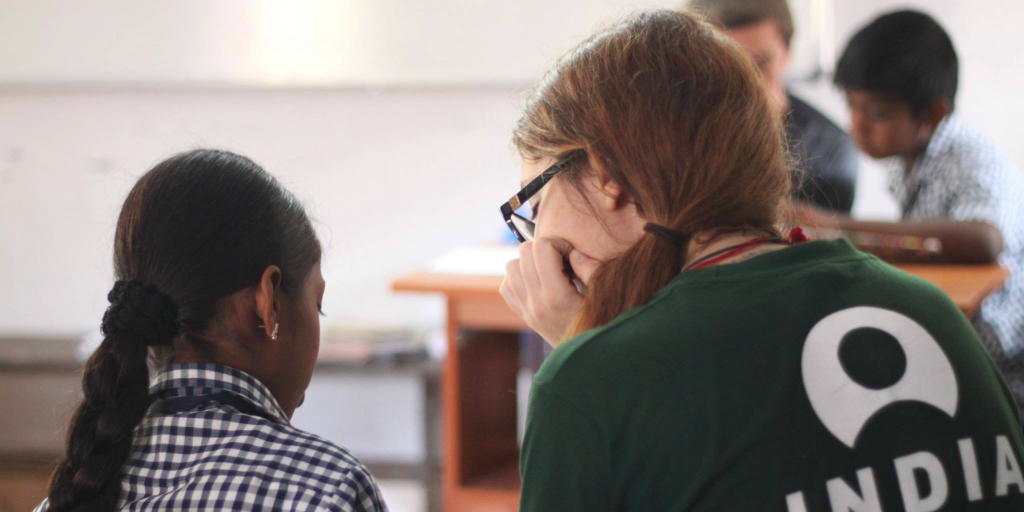
The value of volunteering experience is particularly important for recent graduates with limited experience in the workplace, and for volunteers who may have taken several months off from work.
Adding a description of your volunteer experience to your CV will help complete the timeline of your education and work. It also shows that you have real-world experience, and that your time off wasn’t just for fun.
If your volunteer work is closely related to the job you’re applying for or was a longer internship where you gained specific skills, you can list it the same as you would a job – just make it clear that you held a voluntary role.
Add the details of your volunteering under the professional experience section of your CV. Give your experience a title and date range. Describe your role in the program and your main contributions or achievements.
Ideally, you should tailor each job application to the role you are applying for. Put some thought into how your volunteer experience relates to the specific role. If you have space, list the relevant skills you used or developed while volunteering.
For example, will cross-cultural communication skills be necessary? Then make sure you describe how you volunteered as part of an international team.
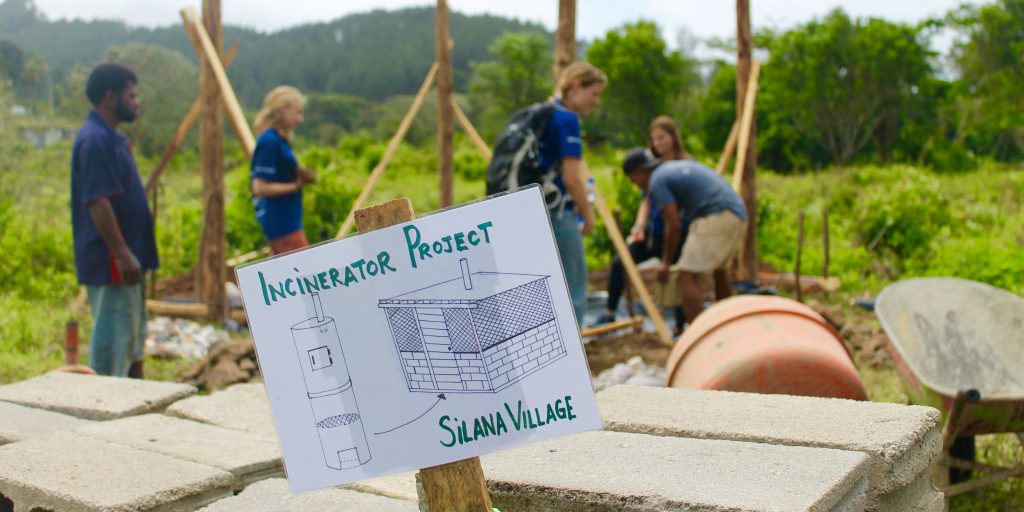
Here is an example of volunteer experience listed on a CV:
Volunteer teacher | GVI | Phang Nga, Thailand | February 2018 – March 2018
Completed Teaching English as a Foreign Language (TEFL) training, including lesson planning and classroom management training and supported English language learning at local primary, secondary schools and kindergartens.
If your volunteer experience wasn’t strictly related to your professional field, you can list it below the previous employment section under a separate subheading. This section could be titled “community work” or “volunteer experience” and should always appear before your education experience.
Under this heading, add a brief description of your volunteer work, incorporating as many of the soft skills you picked up as possible.
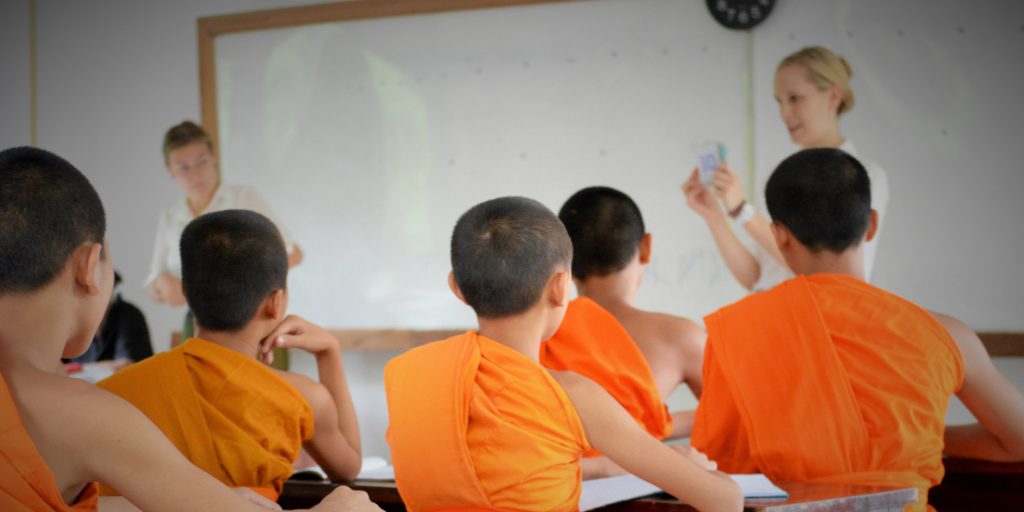
Office administration assistant | Private business | Philadelphia | January 2017 – December 2017
Carried out a range of office-based tasks including invoicing and budget tracking, responding to phone and email communication, and filing documents.
Marine conservation volunteer in Belize | January 2018
Volunteered with GVI for three weeks, assisting in an essential conservation program. Attained PADI Advanced Open Water Diver certification while carrying out research on marine species.
Bachelor of Arts in Communications | Philadelphia University | 2016
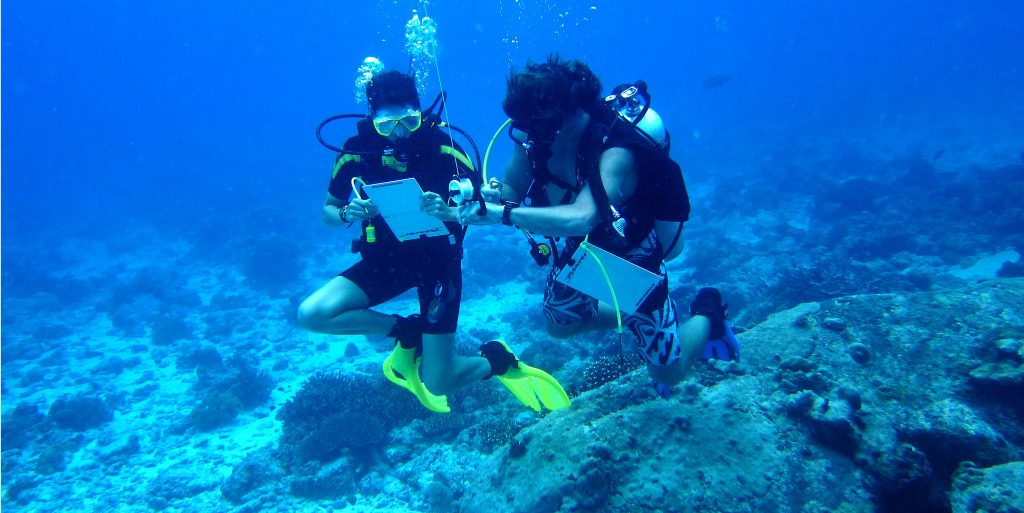
Mentioning volunteer experience in an interview gives candidates an advantage. While talking about a previous job might cover specific skills you have, volunteer experience says a lot about your personality and core values.
Your employer will be interested in your character as well as your experience, so mentioning your commitment to social responsibility, your motivation, and go-getter attitude is a huge advantage.
International travel is also a good indicator of maturity. For this reason, don’t shy away from talking about your gap year volunteering. Spending time overseas as a volunteer is more than just self-indulgent travel.
Instead of simply brushing over your time away, make sure it’s clear that you weren’t sitting around doing nothing during your year off. Talk about the benefits of your gap year and anything interesting that you did, or any lessons learnt. For example, volunteering is usually an excellent way of developing strong people skills.
For anyone new to working, or trying to break into a different field, volunteering is a credible substitute for paid work. Use your volunteering to show that you are a passionate and motivated individual, with both practical experience and well-established soft skills.
Often, interviewers are looking for real examples of when you used a skill, or where you picked up a certain competency. For these kinds of behavioural questions, skills developed on a volunteer project are just as relevant as those from a regular job.
Essentially, you can use volunteering experience in a response in the same way you would talk about paid work. Here’s an example of how to use your volunteer experience when answering an interview question:
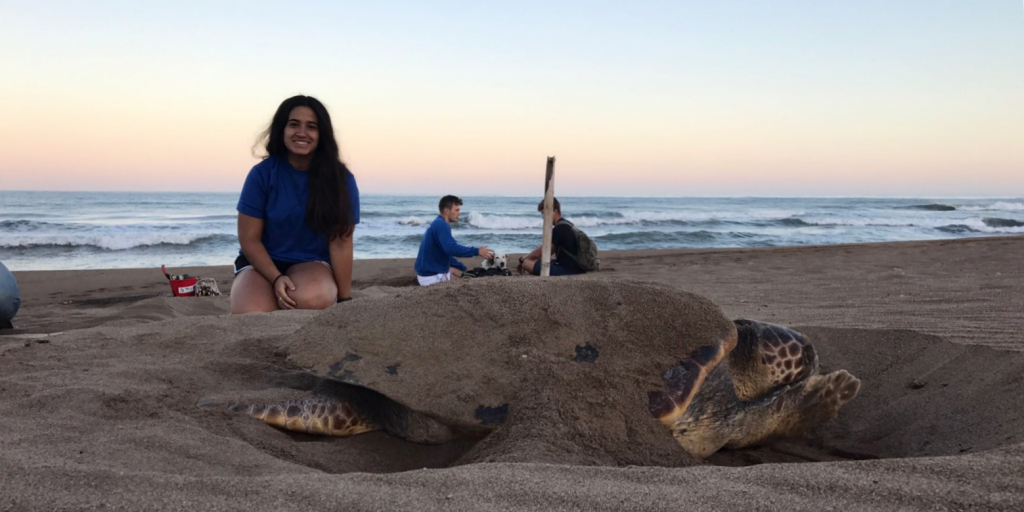
Question: Why are you a good fit for this role?
Response: I’m a great candidate for this role because I know how to think on my feet and communicate well with others. While volunteering in Thailand teaching English, I worked in a fast-paced environment alongside people from a range of different cultures. Although volunteer tasks were clearly delegated, I had to be able to adapt to any unexpected changes in the schedule and adjust my work accordingly.
More common interview questions where you can mention your volunteer work include:
Volunteering abroad gives you skills such as flexibility, intercultural fluency and independence, as well as a more complete understanding of global issues. These factors are sure to enhance your employability.
Take the first step in expanding your career development by browsing through GVI’s global programs. You can equip yourself with the knowledge and skills needed to turn your passion for making an impact into a full-time job.
We understand that you may have questions about how COVID-19 will affect your travel plans. Visit our FAQs page which explains our latest safety protocols in response to COVID-19.
Disclaimer: The images in this article were taken pre-COVID-19.
By Petrina Darrah
Excited to take a gap year after high school and break from studying? Not only does this mean you get to change up your routines but you can also find adventure and purpose.
GVI
Posted: April 20, 2023